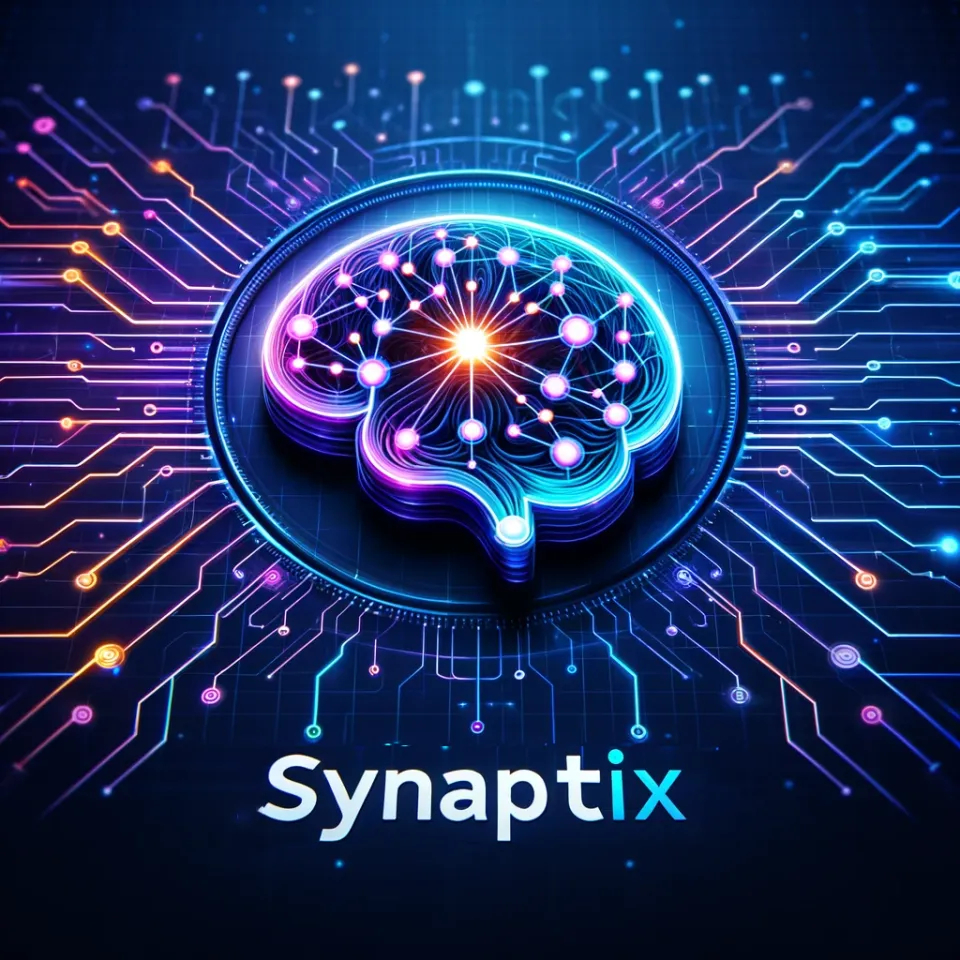United Nations Launches Global Advisory Body to Tackle AI Governance Challenges

Introduction:
The United Nations Secretary-General Antonio Guterres has recently announced the formation of a groundbreaking advisory body consisting of 39 members to address the urgent international governance issues associated with artificial intelligence (AI). Esteemed executives from tech companies, high-ranking government officials from various nations, and distinguished academics have been carefully selected to join this cross-continental endeavor. With a shared vision of leveraging the positive potential of AI while mitigating its harmful consequences, this advisory body aims to shape policies that promote responsible AI development and safeguard society.
1. Confronting the Challenges of International AI Governance:
The establishment of this advisory body reflects the growing recognition of the transformative power of AI and its potential implications for society. Secretary-General Guterres emphasizes the necessity of global collaboration to address the complex challenges arising from AI, in order to foster trust, protect democratic values, and maintain social cohesion.
2. Diverse Membership: An International Collaboration
This advisory body boasts an impressive lineup of members, including technocrats, government officials, and renowned academics hailing from six continents. This diverse group represents a wide array of backgrounds and interests, ensuring a fair and inclusive perspective in the global decision-making process pertaining to AI governance.
3. Tech Industry Luminaries Pave the Way:
Steering the advisory body are eminent tech executives who bring their expertise and industry insight to the table. Hiroaki Kitano, Sony’s Chief Technology Officer, Mira Murati, OpenAI’s Chief Technology Officer, and Natasha Crampton, Microsoft’s Chief Responsible AI Officer, are among the prominent industry representatives who will play a crucial role in shaping the future of AI governance.
4. Academia’s Contribution:
The advisory body’s intellectual prowess is further bolstered by the inclusion of academics specializing in AI ethics, policy, and regulation. With representatives from renowned universities around the globe, including the United States, Russia, and Japan, their contributions will be invaluable in establishing a framework for responsible AI development.
5. A Holistic Approach: Continent-Wide Representation:
To ensure a comprehensive outlook, the advisory body has endeavored to include representatives from every continent. This inclusive approach allows for diverse perspectives and experiences from across the globe, enabling a more nuanced and well-rounded policy formulation process.
6. Recognizing the Transformative Potential of AI for Good:
Secretary-General Guterres acknowledges the immense potential of AI to bring about positive change. From healthcare and climate change to sustainable development and poverty eradication, AI has the power to make substantial improvements across various sectors. Harnessing this transformative potential requires comprehensive governance frameworks and responsible implementation strategies.
7. The Perils of AI Misuse:
Guterres candidly highlights the inherent risks associated with AI if not handled responsibly. Misuse of AI technology has the potential to undermine public trust, erode social cohesion, and even pose a threat to democratic institutions. This reality necessitates proactive global measures to ensure AI applications are designed and deployed ethically.
Conclusion:
The establishment of a global advisory body by the United Nations signifies a pivotal step towards addressing the pressing challenges of AI governance. With its diverse membership encompassing prominent figures from the technology industry, academia, and governments worldwide, the body aims to facilitate comprehensive and responsible AI development. By leveraging the transformative potential of AI while proactively mitigating its adverse effects, the advisory body seeks to strike a balance between innovation and ethical considerations, ultimately shaping a future that prioritizes the societal well-being of all.




